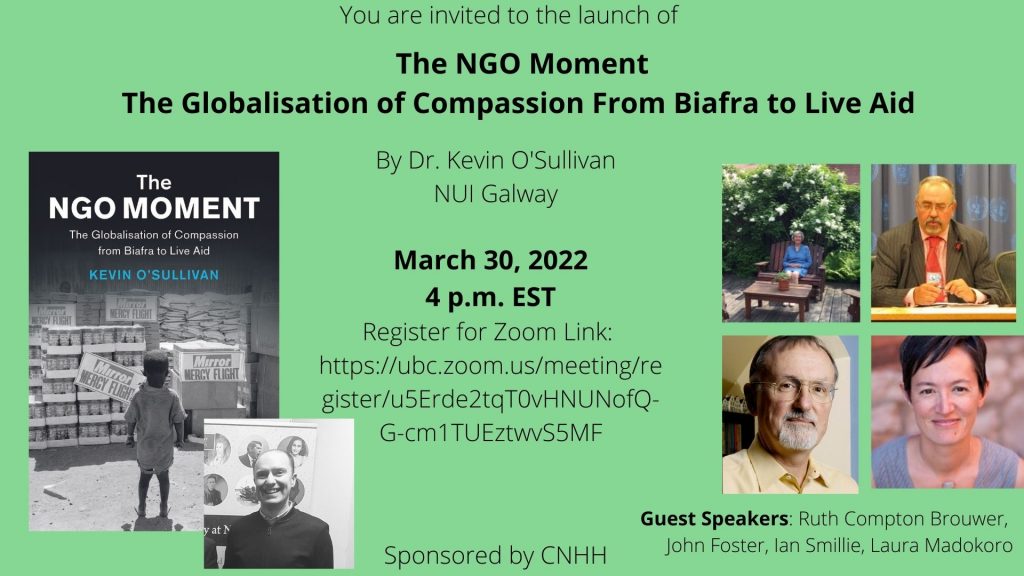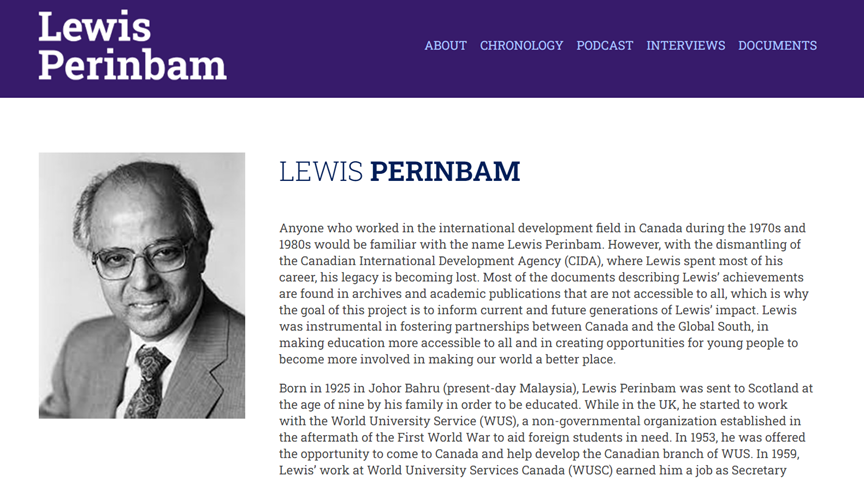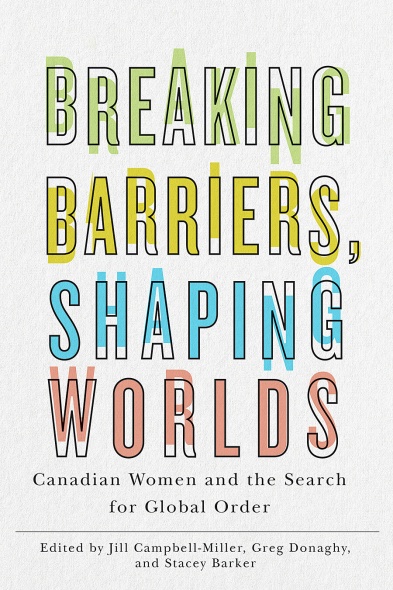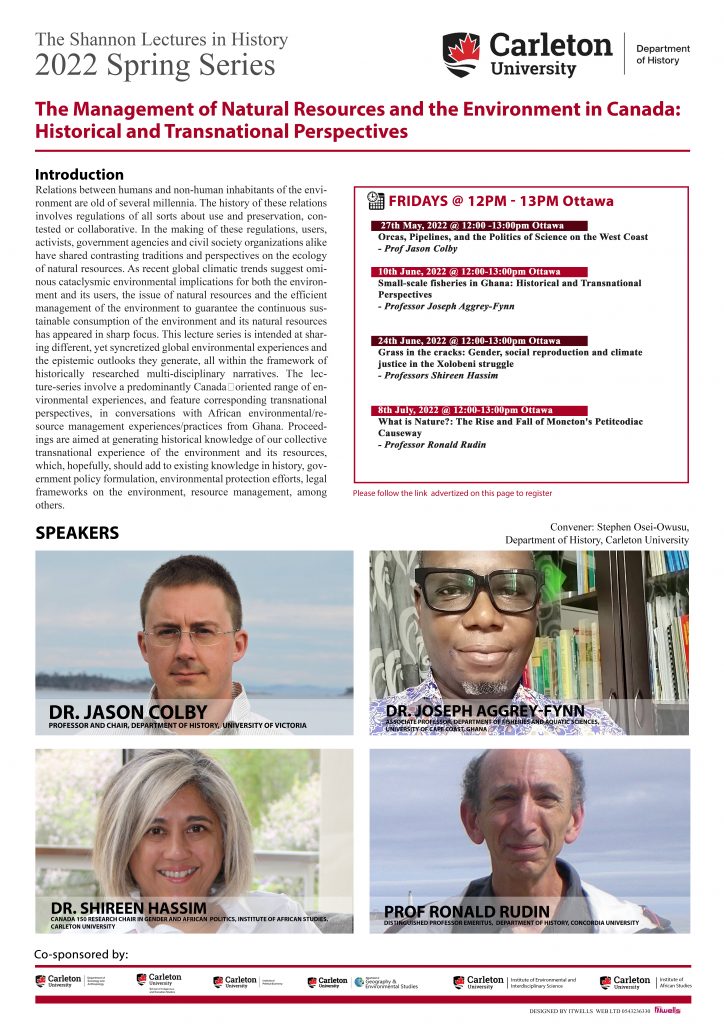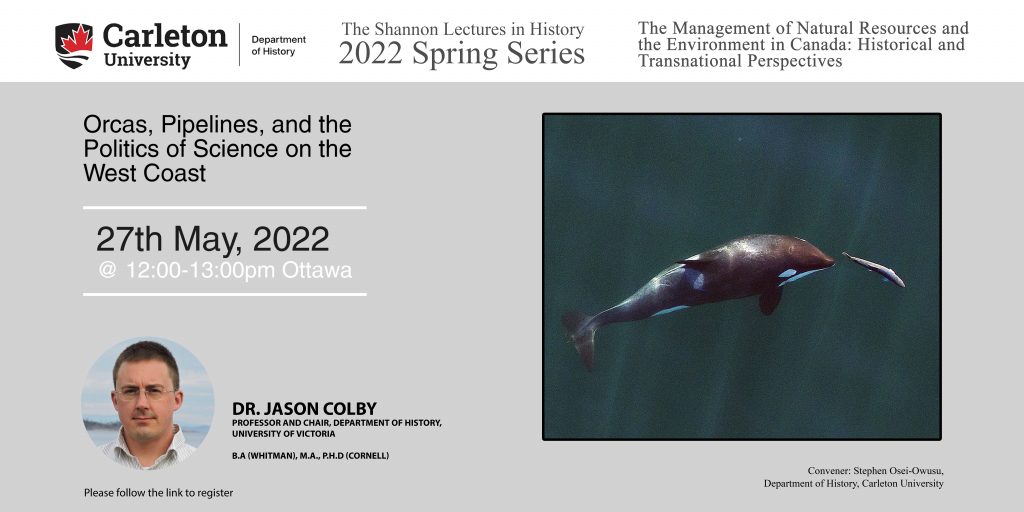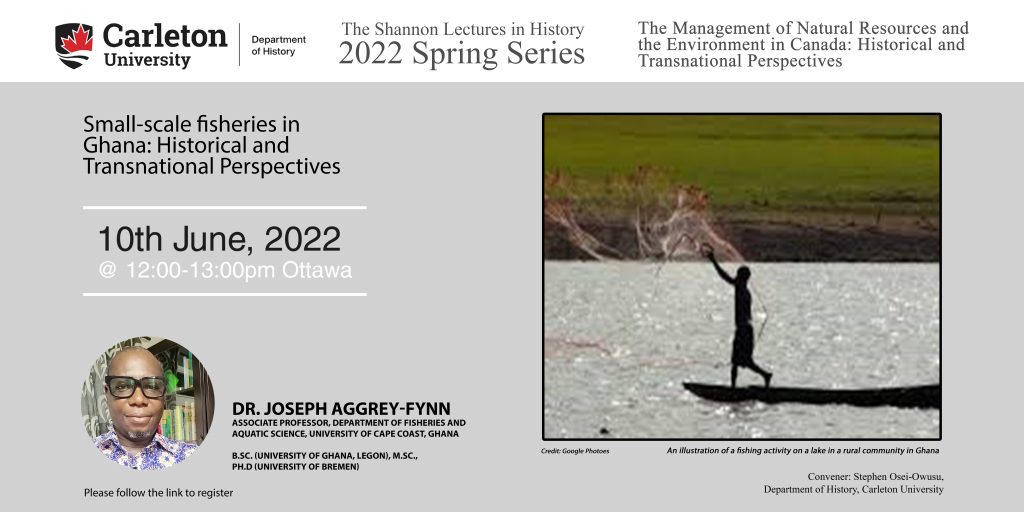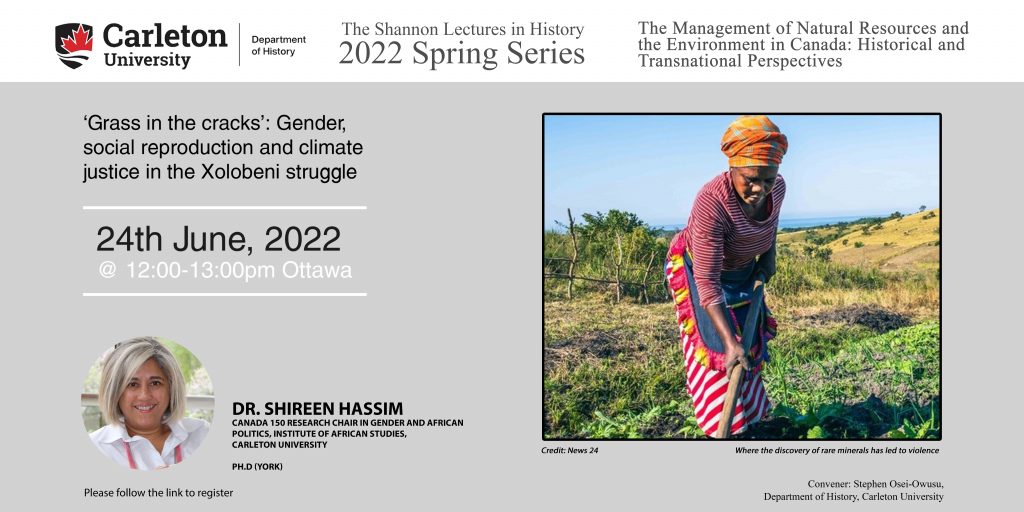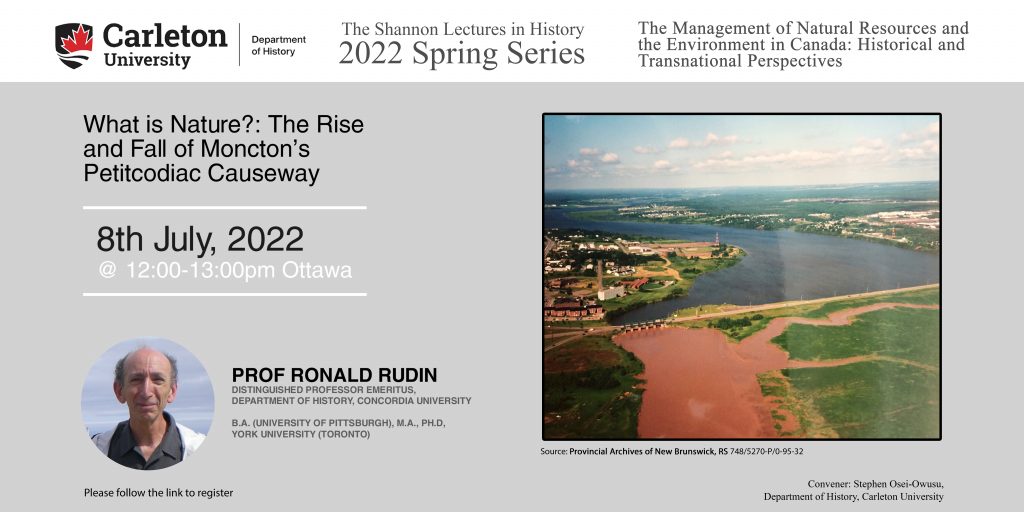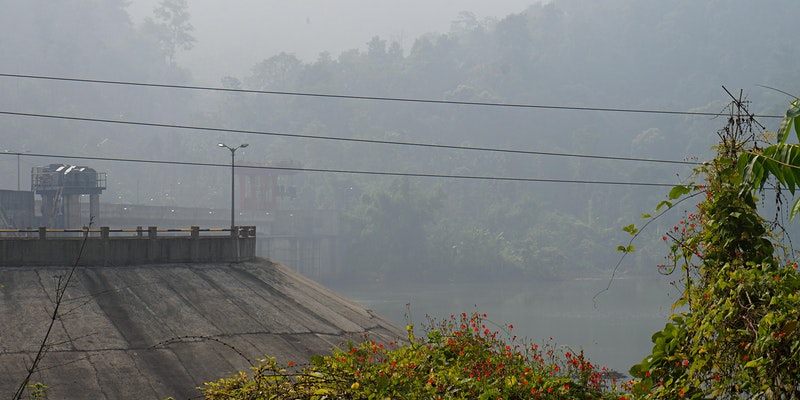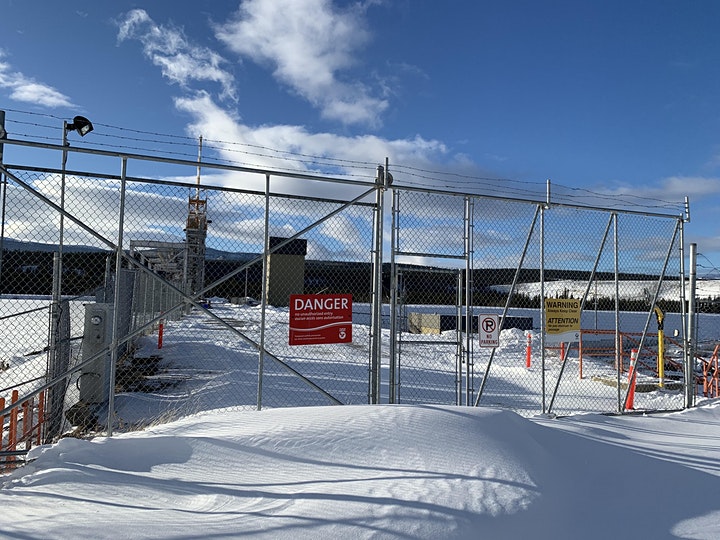A TWO-DAY SYMPOSIUM WILL BE HELD AT THE IFRC, GENEVA, ON THURSDAY AND FRIDAY 15-16 JUNE 2023.
Since 2019, members of the Australian Research Council’s Discovery Project “Resilient Humanitarianism” have been working on aspects of the history of the League of Red Cross Societies. This has been a collaboration of interdisciplinary academics from Australia, Britain, and France. As a finale of the project, we seek scholars of the Red Cross Movement and Red Cross and Red Crescent national societies to contribute to a 2-day symposium to share their current research on the League of Red Cross Societies, discuss and analyze the history and impact of this important international organization that has been under-historicized to date.
From its beginnings in the immediate aftermath of the First World War, through to 1991 when it became the International Federation of Red Cross Red Crescent (IFRC), we have sought to understand how the League of Red Cross Societies (LRCS), the world’s largest volunteer network, survived the turbulent interwar period and Second World War, and expanded through the decolonization and globalization era of the Cold War. Examining the history of this transnational humanitarianism organization offers new insights into how organizations respond to various geopolitical, cultural, and social shifts over time and place.
For this symposium, we seek contributions from scholars working on major platforms of the League of Red Cross Societies such as health and public health policy, disaster management, aid and relief, the Junior Red Cross, and the development of national Red Cross and Red Crescent Societies and League infrastructure, and international collaborations with other international bodies such as WHO and the United Nations. We are particularly interested in hearing from those working on the post-World War II period and the emergence of new national Red Cross and Red Crescent societies following national independence and how those new national Societies interacted with the League in Geneva.
Questions to consider include, but are not limited to:
- How did the LRCS develop as an institution of its own? How did it navigate the period 1920-45? What programs did it support?
- How did the LRCS interact with newly established national Red Cross/Red Crescent societies of recently independent countries in the Middle-East, Africa and Asia?
- What programs did the LRCS establish in the post-WWII period, and were they successful on the ground? (eg. public health, disaster relief, first aid, etc.)
- How did the LRCS navigate the Cold War and its relations with Soviet republics and their allies?
- What role have gender, volunteering, and climate change played? How can we explain the League’s institutional resilience in the twentieth century?
We will be joined by Emeritus Professor David P. Forsythe (University of Nebraska-Lincoln). A welcome reception will be held on the evening of Wednesday 14 June at the IFRC.
Please send a 300-word abstract and a 100-word biography to resilienthumsymposium2023@gmail.com by 9 September 2022. Contact melanie.oppenheimer@anu.edu.au for more information.
Convenors and Project Team Members:
Professor Melanie Oppenheimer (ANU) – Lead Chief Investigator
Dr. Rosemary Cresswell (Strathclyde) – Partner Investigator
Dr. Romain Fathi (Flinders/Sciences Po) – Chief Investigator
Professor Susanne Schech (Flinders) – Chief Investigator
Professor Neville Wylie (Stirling) – Partner Investigator
Dr. Kate Laing (ANU) – Project Officer/Research Assistant
Jordan Evans (Flinders) – PhD student





